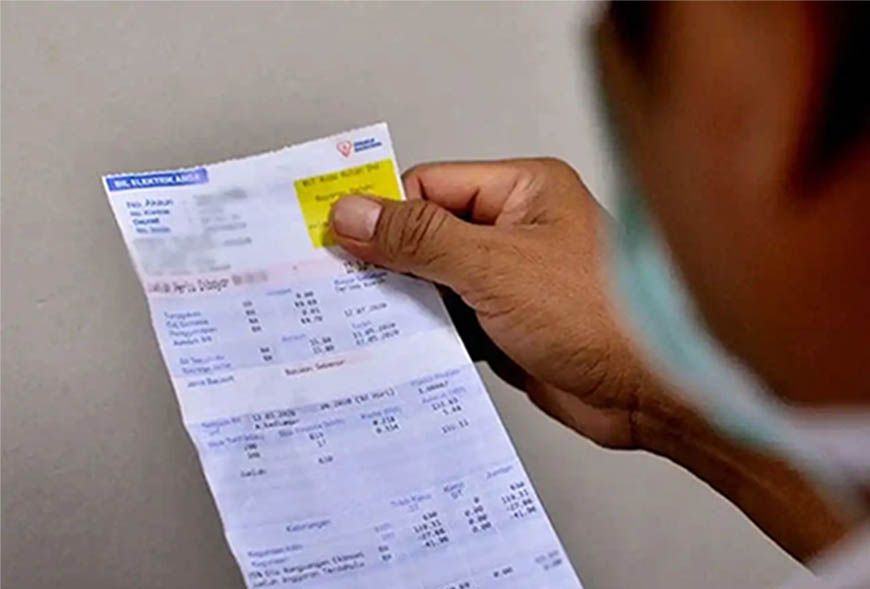The energy regulator (Cera) said on Tuesday it’s awaiting a response from the finance ministry on whether to include a tariff on electricity bills for the first €25 million that Cyprus would pay the project promoter for the Great Sea Interconnector, a mooted subsea power cable connecting the island with Greece.
Cera head Polyvios Lemonaris was speaking in parliament during a discussion on the recent demand made by Greece’s Independent Power Transmission Operator (Admie), the project promoter for the GSI.
Last week Admie – in which the Greek state has a stake – demanded that Cyprus cover part of the costs for the electricity interconnection project.
Admie said it had already invested more than €250 million in the project, and that it is seeking to “recover legitimate expenses incurred so far”, including feasibility studies and part of the cable construction.
Cera’s Lemonaris told MPs that a decision to have a separate tariff for the GSI on electricity bills “does not automatically mean” that Cyprus would pay the €25 million amount to Admie.
Plus, Admie must first provide Cera with documentation verifying its expenditures.
Lemonaris also said they’ve received from Admie a progress report dated June 23 regarding the GSI.
The report states that, to date, 161km of cable have been manufactured, and another 120km are “under development”.
In addition, 60 per cent of the planned seabed surveys are pending; and no cable-laying whatsoever has taken place so far.
In its report, Admie asserts that any delays experienced so far will not derail the final completion date for the GSI, set for January 1, 2030.
Disy MP Kyriacos Hadjiyianni, chairing the House energy committee, remarked that the project has reached “a dead-end”.
Greece, he said, is incapable of defending its sovereign right to complete seabed surveys beyond six nautical miles.
“Turkey has managed to impose its strategies,” added Hadjiyianni.
Moreover, he went on to claim, neither Greece nor the EU nor the United States have supported the project, while Cyprus has yet to decide whether it will participate as a direct shareholder in the GSI holding company.
Taking questions, Energy Minister George Papanastasiou said that Cyprus and Greece signed a memorandum of understanding on the GSI, leaving it to the respective energy regulators to take decisions on billing consumers as they see fit.
The MoU covers the €25 million a year contributed by Cyprus from the day of implementation of the project, with a maximum payment of €125 million over five years until construction.
In the event the project gets cancelled due to geopolitical risks, the cost for consumers in Greece and Cyprus would be split 50-50.
Regarding the seabed surveys, and citing information from Admie, Papanastasiou said that this has been completed within Greece’s territorial waters, but surveys are pending in international waters.
Finally, as to whether Cyprus as a state will directly take a stake in the GSI holding company, the minister demurred.
But he indicated that Cyprus is having second thoughts, due to the associated geopolitical risks.






Click here to change your cookie preferences